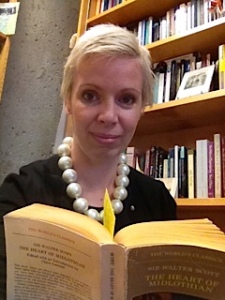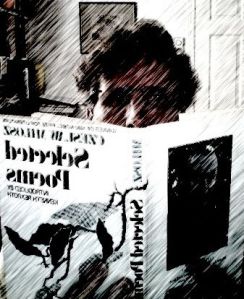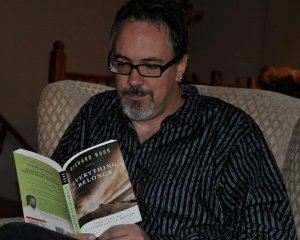Emily Murphy
Ph.D. Student, Queen’s University
Affiliation with UVic English: Undergraduate Student, B.A. Hons with Distinction 2009
Special Book: Stories for Children, Oscar Wilde
When did you first read this book: My grandfather gave me this book as a gift when I was four or five years old. It is one of the first books I remember reading.
Which sentence from this book has special significance for you?
“And the Tree cried to the Nightingale to press closer against the thorn. “Press closer, little Nightingale,” cried the Tree, “or the Day will come before the rose is finished.”
So the Nightingale pressed closer against the thorn, and the thorn touched her heart, and a fierce pang of pain shot through her. Bitter, bitter was the pain, and wilder and wilder grew her song, for she sang of the Love that is perfected by Death, of the Love that dies not in the tomb.
And the marvellous rose became crimson, like the rose of the eastern sky. Crimson was the girdle of petals, and crimson as a ruby was the heart.”
What does the sentence mean to you?
This story, “The Nightingale and the Rose,” is one of the first times that I can remember a sad ending being more intriguing than a happy one. All of the stories in this little collection are written simply, for children, but none seem to have a tidy ending. Wilde never shies away from the ambiguity that adults find fascinating in a narrative; he gave my precocious five-year-old reading self a more interesting version of the worlds of talking animals, giants, sighing lovers, and fairies.










